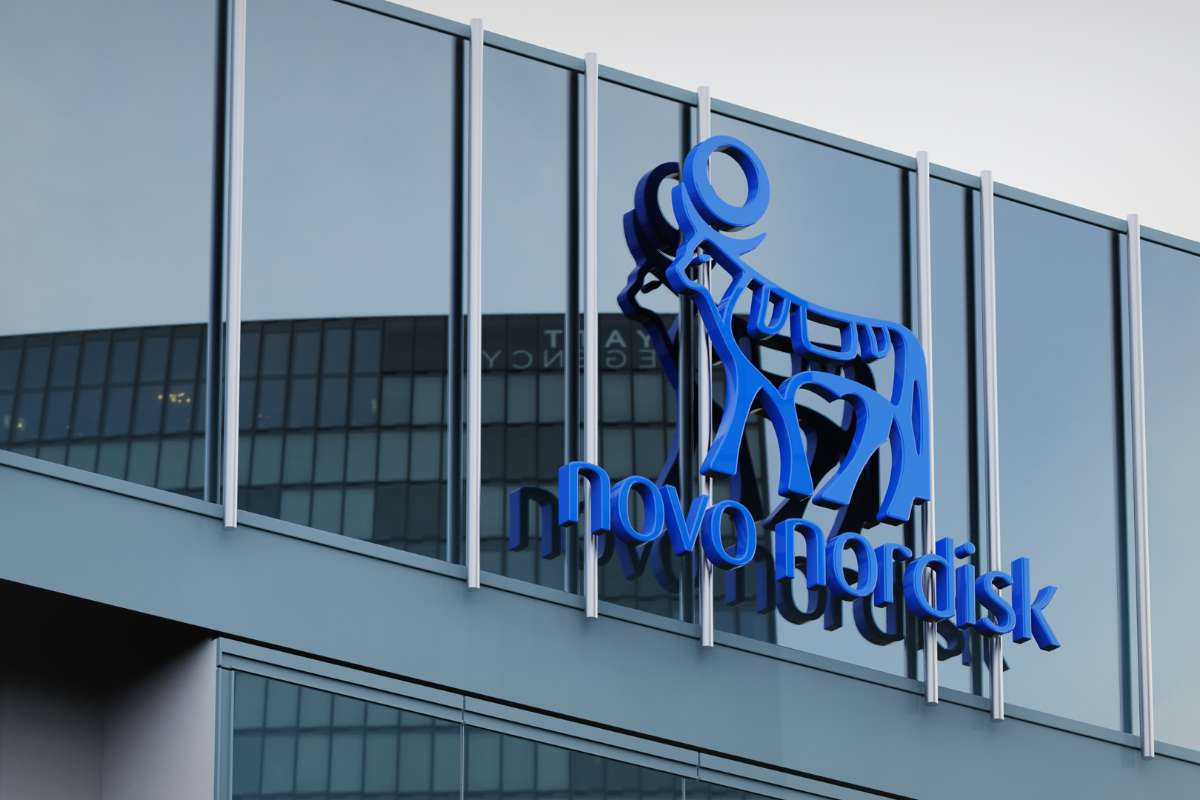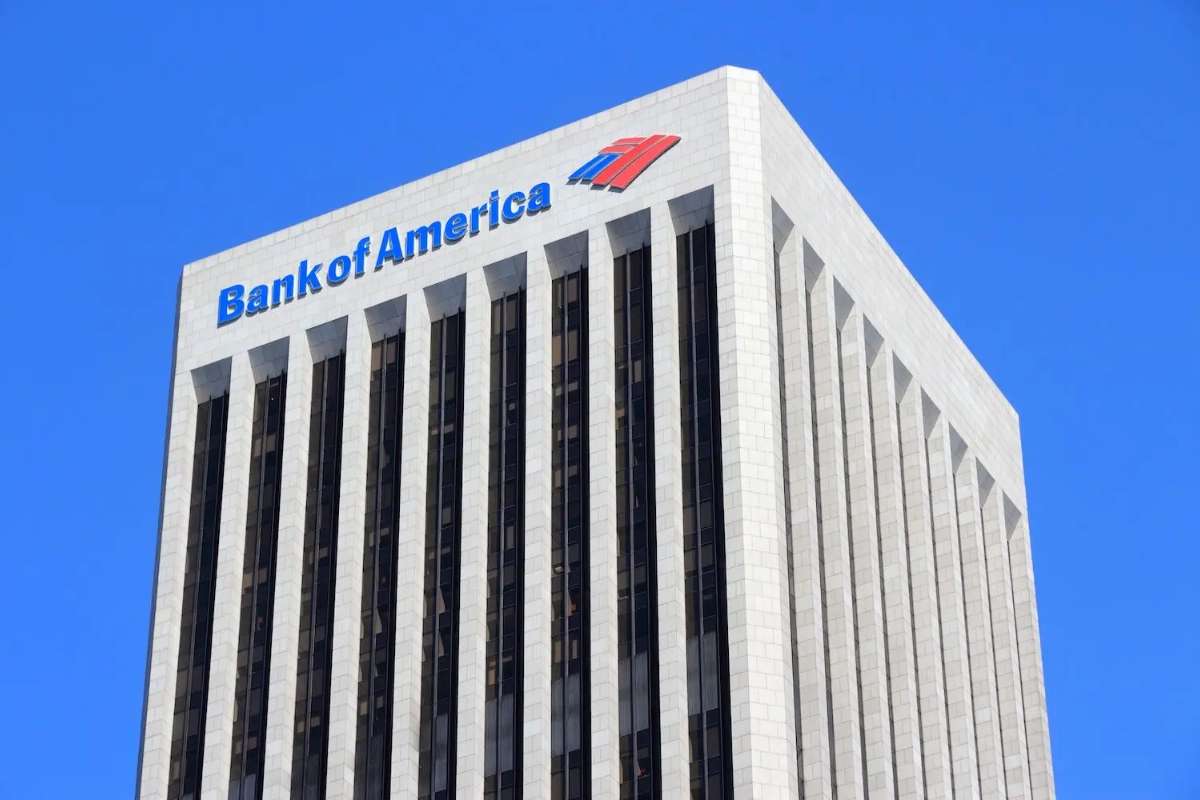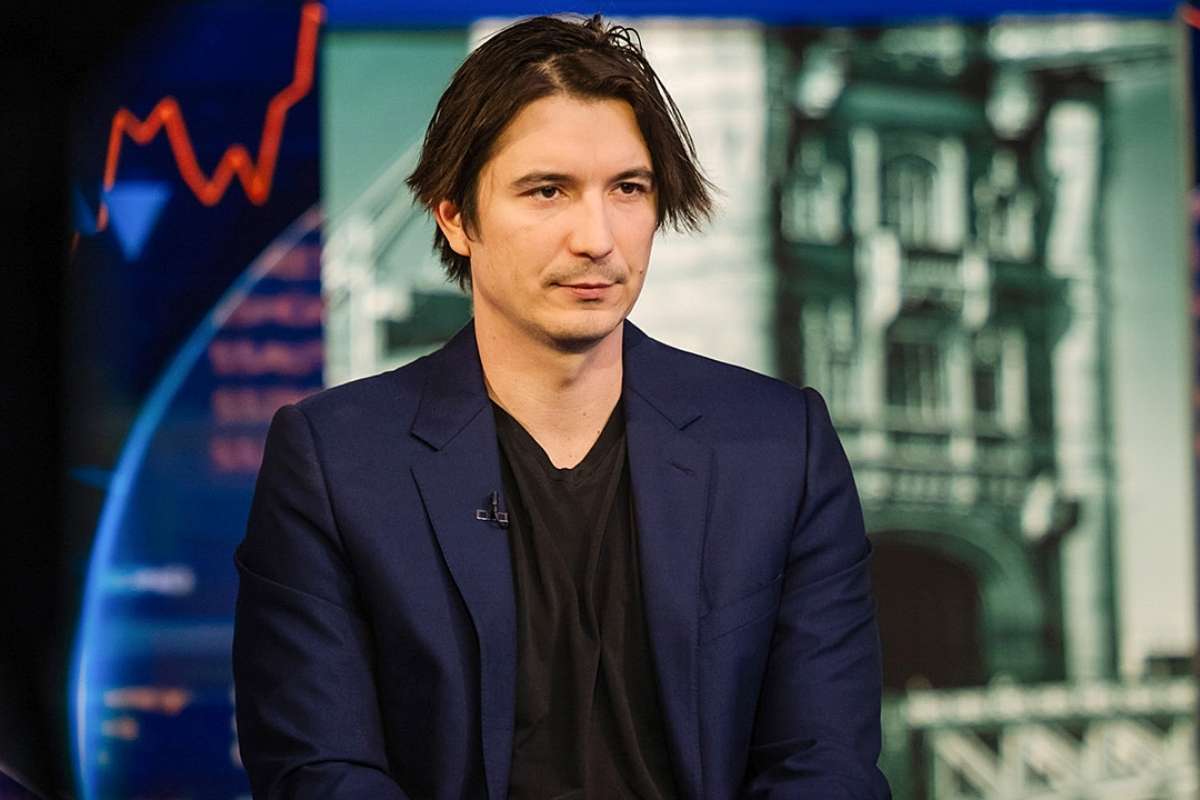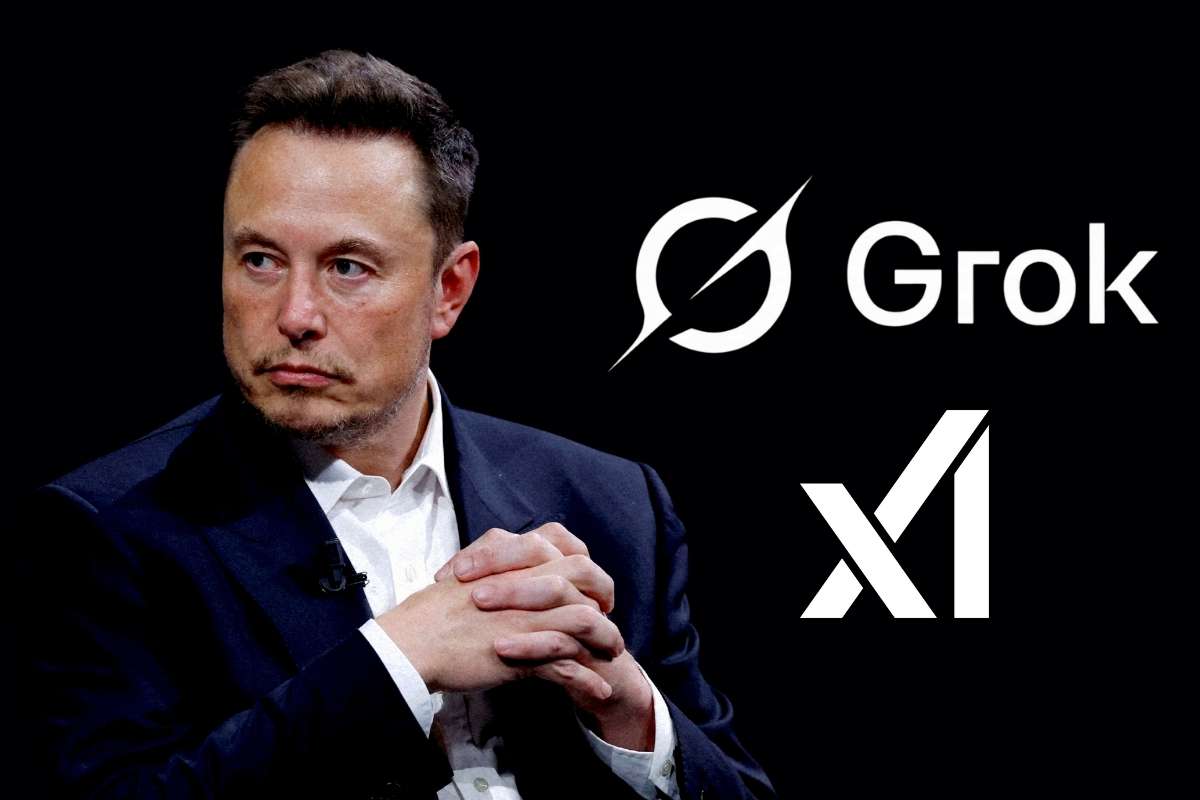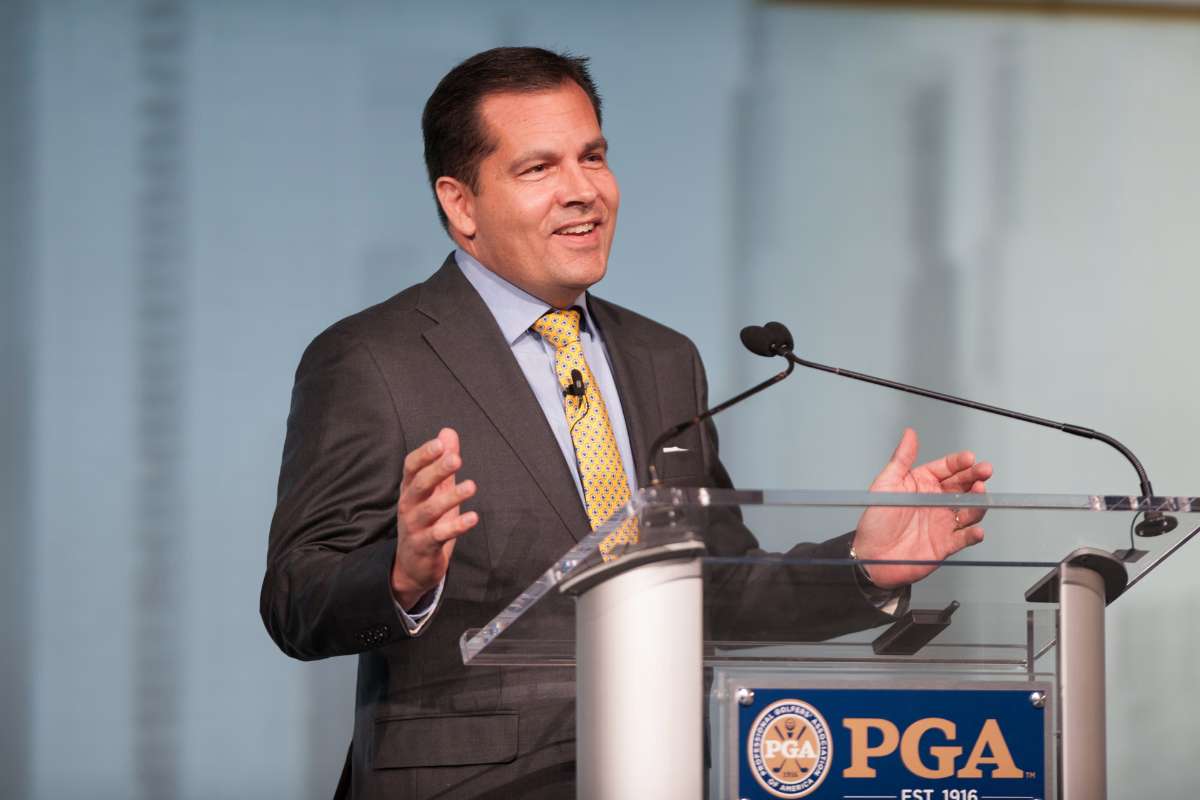Key Points:
- Novo Nordisk to buy Akero for $5.2B to expand into liver disease.
- Akero’s drug EFX targets MASH, now in Phase 3 trials.
- Deal diversifies Novo’s pipeline beyond GLP-1 drugs.
Global pharmaceutical leader Novo Nordisk has announced plans to acquire Akero Therapeutics in a deal valued at up to $5.2 billion, marking a major step in expanding its reach into metabolic and liver disease treatment. Under the agreement, Akero shareholders will receive $54 per share in cash at closing, along with a $6 contingent value right (CVR) per share, payable if Akero’s lead drug candidate efruxifermin (EFX) gains U.S. regulatory approval by June 30, 2031.
The transaction, unanimously approved by Akero’s board of directors, is expected to close by the end of 2025, pending regulatory and shareholder approvals. The acquisition positions Novo Nordisk to strengthen its pipeline beyond its dominant GLP-1–based therapies like Ozempic and Wegovy, which have fueled its recent global success in obesity and diabetes care.
Efruxifermin, Akero’s flagship drug, is designed to treat metabolic dysfunction–associated steatohepatitis (MASH)—a severe form of fatty liver disease currently lacking approved therapies. The drug is in late-stage Phase 3 clinical trials and has shown promising results in reducing liver inflammation and fibrosis. By integrating Akero’s research into its global framework, Novo Nordisk aims to accelerate the development and commercialization of this potential breakthrough therapy.
Market Reaction and Investor Sentiment
The announcement sparked a mixed market response. Akero’s shares surged nearly 19%, reflecting investor optimism over the deal’s valuation and the growth potential of its MASH program. Meanwhile, Novo Nordisk’s stock dipped by about 1.5%, as some investors expressed caution over the acquisition’s near-term financial impact and integration risks.
Analysts noted that the short-term decline likely reflects investor concern over costs rather than doubts about the long-term strategy. Novo Nordisk has faced increased competition in the obesity and diabetes segments, prompting the company to diversify its portfolio. The acquisition of Akero aligns with this approach, broadening its therapeutic focus and reducing dependence on its flagship GLP-1 products, which could face patent expirations later in the decade.
Despite the temporary market reaction, financial experts view the acquisition as a strategic long-term investment that could reinforce Novo Nordisk’s leadership in metabolic diseases. If successful, the move could help the company establish a foothold in the emerging MASH market, which analysts project could surpass $20 billion globally by the early 2030s.
Strategic Implications and Industry Outlook
Novo Nordisk’s acquisition of Akero highlights the growing pharmaceutical focus on liver disease therapeutics, an area with significant unmet clinical need. Competitors such as Roche and Gilead have also made similar moves to expand in this space, signaling strong confidence in the sector’s potential.
However, the success of the deal hinges on several factors. Efruxifermin’s approval is not guaranteed, and the CVR structure means Akero shareholders will only receive the full value if regulatory milestones are met. Additionally, integrating Akero’s operations and maintaining its research momentum could pose logistical challenges.
For Novo Nordisk, the acquisition represents both opportunity and risk. Should EFX prove successful in late-stage trials, it could emerge as a leading therapy for MASH, giving Novo a strong foothold in a fast-growing field. Conversely, if the drug fails to secure approval or meet commercial expectations, the financial impact could be significant.
Nevertheless, the $5.2 billion deal underscores Novo Nordisk’s determination to evolve beyond its core GLP-1 products and solidify its presence in broader metabolic health. The acquisition could ultimately shape the next phase of the company’s growth—transforming it from a diabetes-focused firm into a global leader in multi-system metabolic and liver disease therapies.

